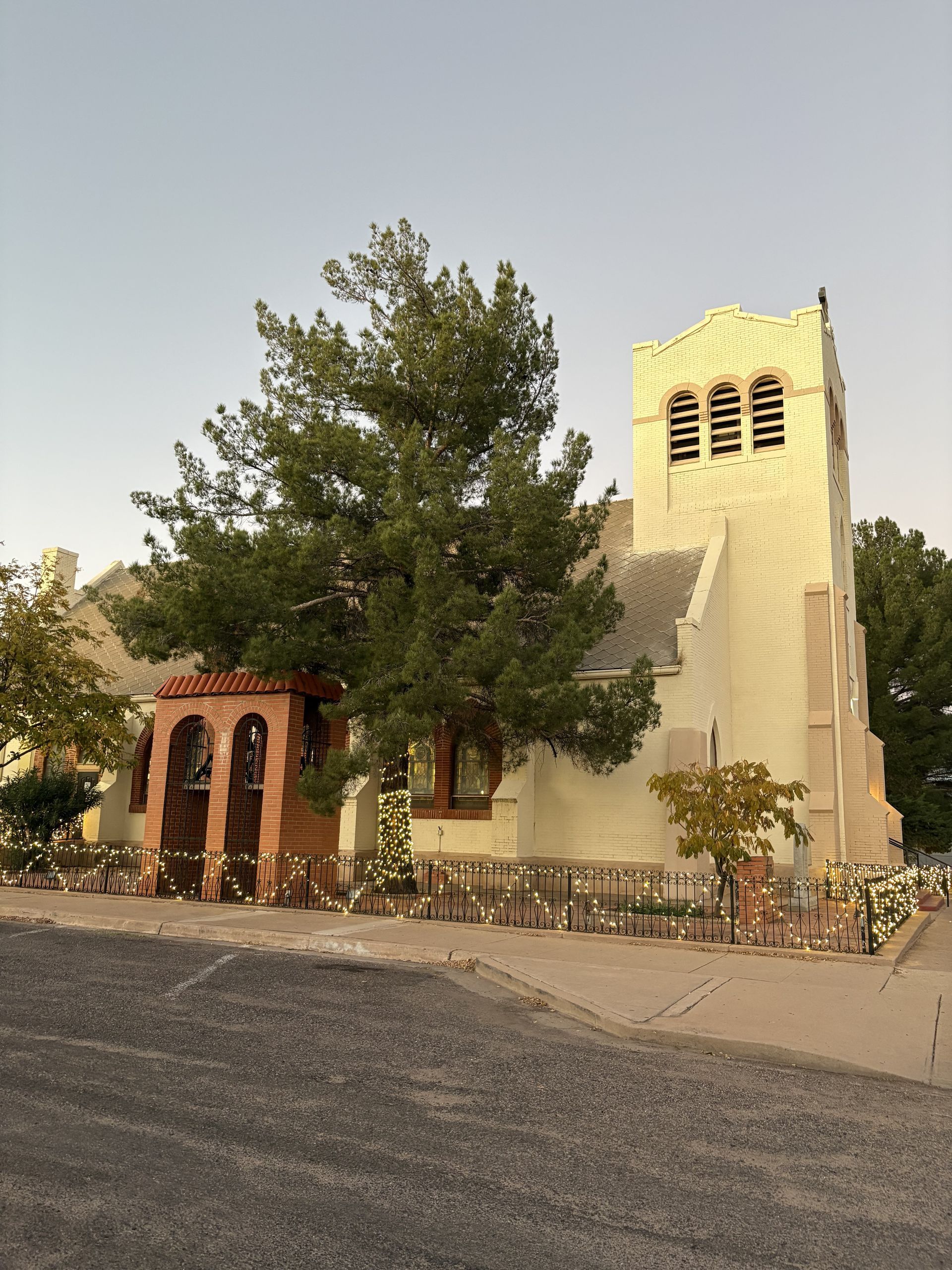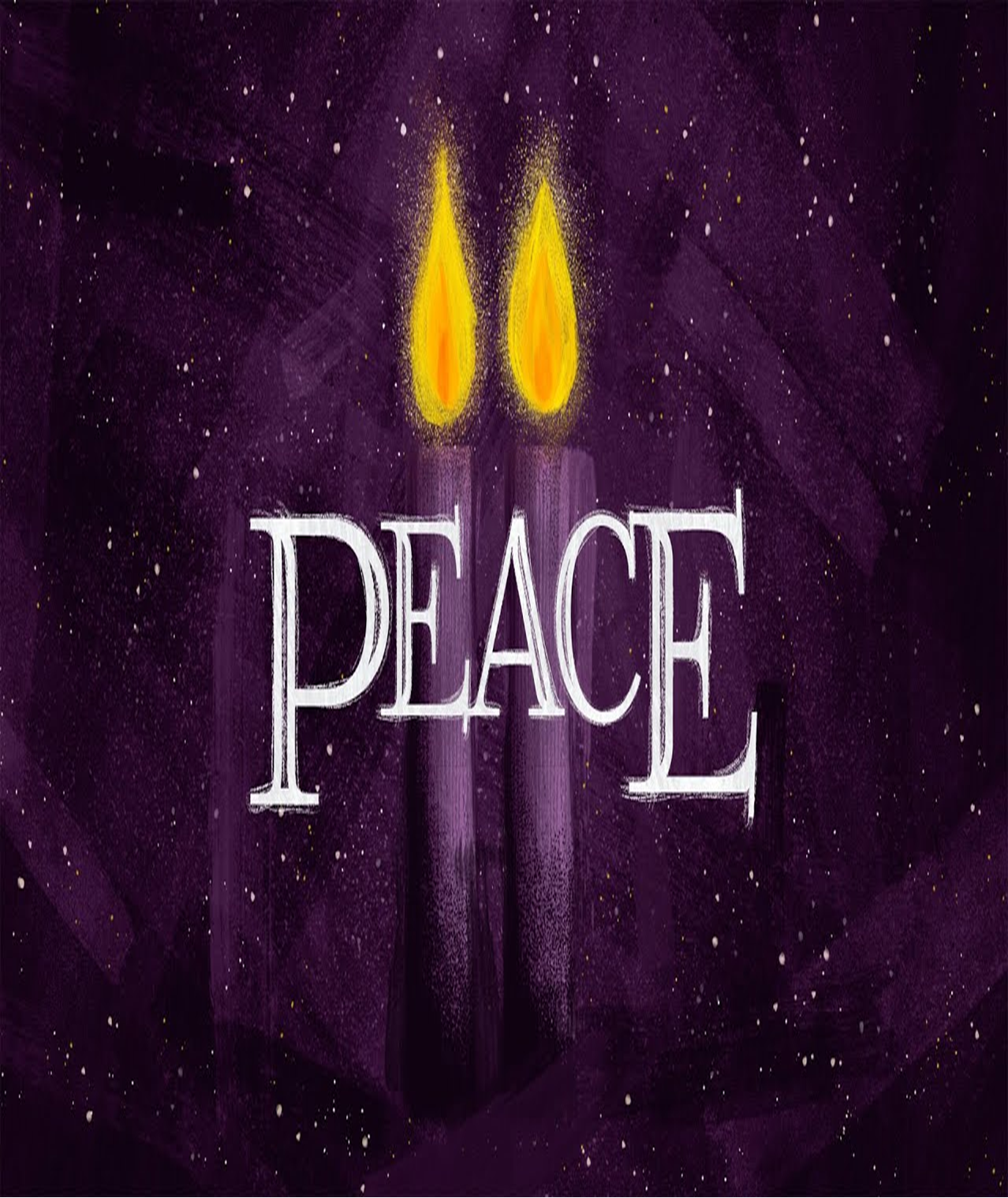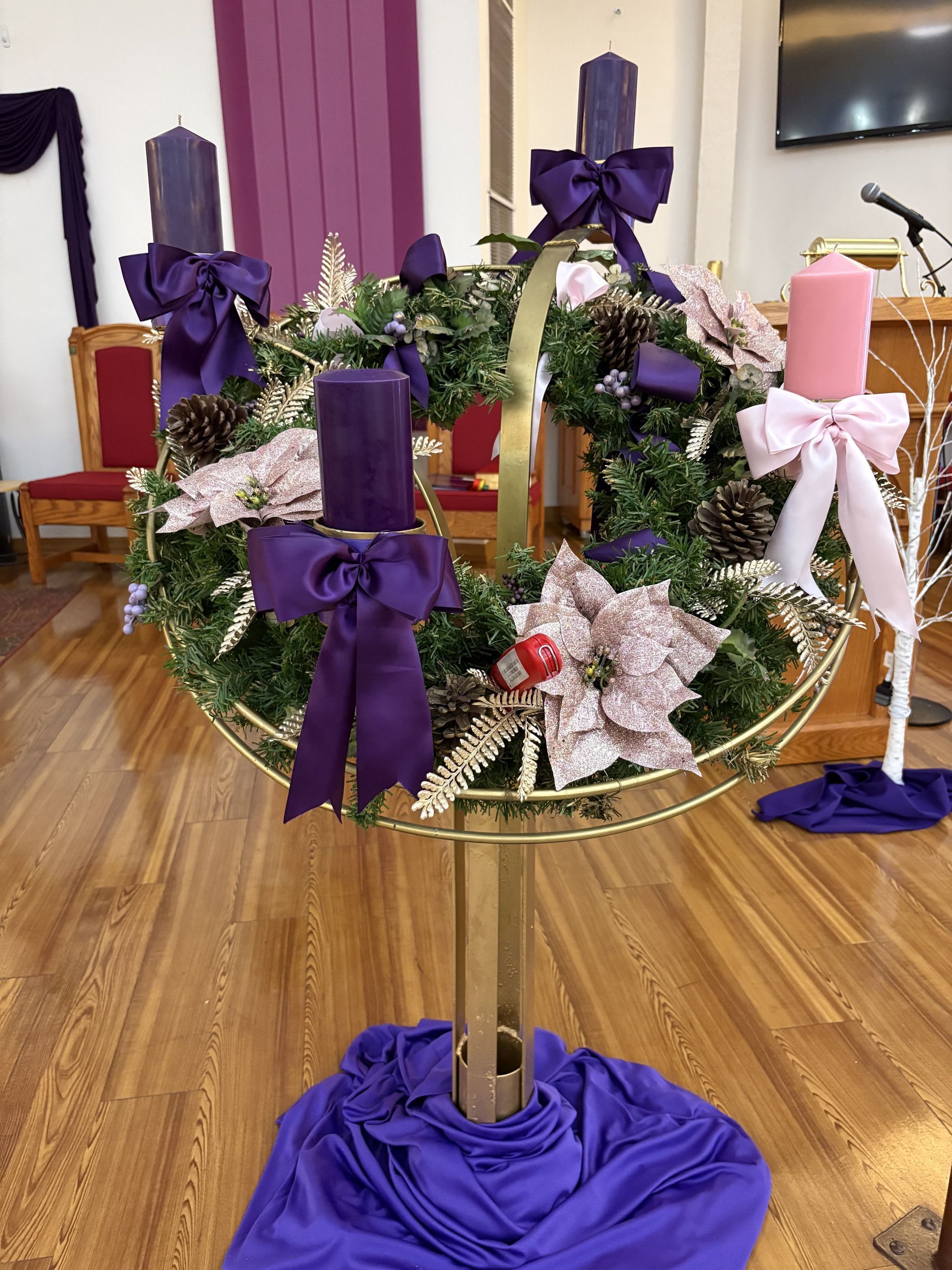Gone are the spectacular resurrection appearances of the glorious risen Christ. The glorified body will not be here any longer. Clock is ticking. Jesus is about to leave them for good. We take the biblical passages as his parting words in preparation for his eventual departure. These words of encouragement are promises of his abiding presence with them. Even if he will not be with them physically, they can still experience him albeit in a spiritual form, religious encounter which is the same exact thing that happened to the post-apostolic (second generation and beyond) disciples. We are connected spiritually.
I can imagine, this must have been a critical and difficult moment for the eyewitnesses that is, how to move on without the physical presence of Christ. Will they head back to the daily grind? Will they go back to their former ways of life or continue with the life-changing experience? Will the miraculous event and its message simply disintegrate? The small band of disciples and new converts to faith are now facing a new chapter, a new reality as individuals and as a community, a church (kalos, to call). They are in a precarious situation. Will they continue to remain together and be united in the Lord or completely disbanded? We will see…
John 15:1-8 forms part of a long farewell discourses delivered by Jesus to his disciples the night before he died intended and meant to console, encourage and strengthen them after his death. Many of us who stood beside the deathbed (hospital, hospice or house) of a loved one until the very last hours of life and prayed over for a safe journey back to our creator have witnessed a surreal moment and heard the last words of the dying person, most likely, peace and unity in the family. Don’t worry about me. Stay strong. If this happens to you, what would you say?
In the course of Jesus’ ministry, he used different imagery that described him which for the most part is his famous I am (sayings)…the bread of life (6:35, 48), the salt of the earth, the light of the world (8:12, 9:5), the gate/door of the sheep (10:8), the good shepherd (10:11,14), the resurrection and the life (11:15-26), the way, the truth and the life (14:6) and last but not the least and in fact, the most common metaphor in ancient religion, the vine and the vineyard (15:1). The Fifth Sunday of Easter presents an imagery of Jesus as the vine, the Father as the vine grower and we (disciples/members of the church) are the branches. The ancient symbols of vine and branches are primarily used to express communion, fruitfulness, pruning and dependence. You know a tree by its fruit. If branches are spread far and wide, it means tremendous growth. The mutual union of the branch to the vine is expected to produce fruit.
Jesus’ deep concern for the future of this newly - founded community is clearly expressed and manifested in an all- too familiar image of the vine and branches to stress the importance of union with him in faith and mutual love. While they are to remain united in the church, Jesus as the vine is the source, inspiration, admiration, empowerment and wellspring of life. Even if he is gone for good, they are to constantly depend, be firmly rooted and deeply trust in him. Let me insert a favorite (quotable), highly inspirational verse often posted on desktops: “Without me you can do nothing (John 15:5).”
This is how this small community led by mostly the unknown in that society will be fashioned, formed and shaped. The new vision for his people is to remain in close, intimate and healthy relationship with him. Only then can a redeemed community bear fruit in overflowing abundance. As individuals and members of the (local and universal) church, our major preoccupation then is to always, always, always make sure to stay connected to the vine. Apart from God, we are nowhere to be found. If we are cut off from the vine, we are God-less, soulless, lifeless. We still live our lives but not worth living. The branch that is closest to the vine produces the most abundant fruit and ironically, will be pruned to yield even more fruit. With proper pruning comes well- blossomed plants for the work of God in the vineyard of the Lord. Jesus adds, "He takes away every branch in me that does not bear fruit, and every one that does he prunes so that it bears more fruit (John 15:2)." Pruning is understood mostly in a negative way, but it has a lot of positive elements, too. In actual fact, to prune is to cleanse. We are reminded that the fruitful branch will be pruned to produce much more fruit. Imagine that. Pruning is not something to be feared. If you are being pruned, that means you are good, way ahead and better than others. Remember, the unproductive will be thrown away and burned into the fire. We are already cleansed and prepared to produce much fruit because of the word spoken to us.
For many of us, regardless of the circumstances, the Easter season has been a fruitful experience as it is a sacred time to be pruned. We have learned over time that in this life, no religious person can afford to run around empty, separated from the vine, the main source of life. If you are pruned, you become more effective minister of God. Without wanting to be pruned, we end up in a road- side ditch. Uselessness leads to disaster. Separation from him is a recipe for destruction. If branches are cut off from the vine, they wither and die. In our respective ministries, there is nothing automatic. We renew our commitment every now and then. “Remain in me, as I remain in you. Just as a branch cannot bear fruit on its own unless it remains on the vine, so neither can you unless you remain in me (John 15:4).” As disciples, abiding in Christ is a must. It is not merely a suggestion. There is no option. You don’t have much choice. It is imperative. You have been pruned because you are expected to bear fruit. Discipleship equals fruit-bearing. If something is unfruitful, that means it is disconnected to the life-giving source and separated from the vine. “Whoever remains in me and I in him will bear much fruit, because without me you can do nothing (John 15:5).” Anyone who does not remain in me will be thrown out like a branch and wither; people will gather them and throw them into the fire and they will be burned (John 15:6).”
This text is addressed to the church whose calling is to abide, to remain in love and mutual union, to be faithful to the Lord, to respect communal life, to magnify and glorify the Lord through charitable works, to show the joy and happiness of divine life that leads people to God, to share the fruits and gifts of the spirit, to engage in (various) parish ministries that take care of the church and the needy. In our respective ministries, apart from Jesus Christ, we can do nothing. There are steps to conversion and involvement for example, a powerful weekend renewal experience can lead to integration in a local community. There has to be follow-up. Otherwise, it simply fizzles out. What we need to work on as part of the pruning process is mostly the connection between Sunday celebration and commitment to prayer/worship, sharing of talents (good works) and resources to the parish community.
What fruit has your faith produced? Will there be any difference in your life if you don’t remain in God and perform service in the church? More importantly, do you bring others to Christ? Do you draw people to conversion?
Although the 50 days of Easter signaled by the farewell/parting words of Jesus are slowly coming to a close, the message of hope it brings, will forever remain in our hearts. Amen.



